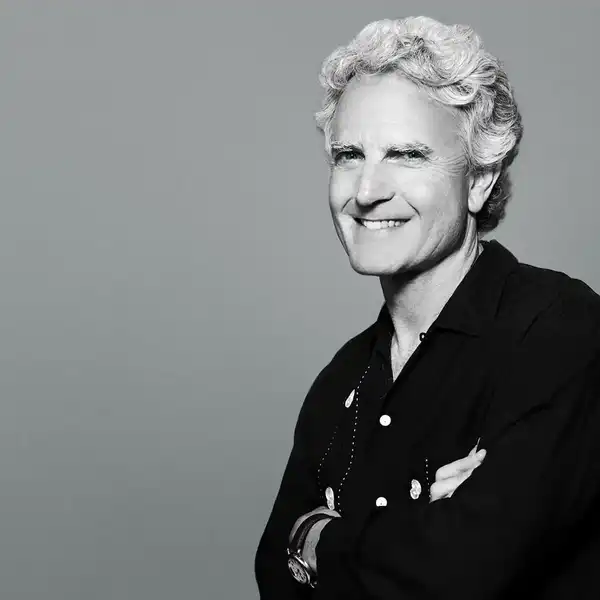
By David Farrell
Rogers extends Shaw merger to year-end
Rogers Communications has pushed back the expected closing date for its C$26 billion acquisition of Shaw Communications to Dec. 31, 2022.
The deal was originally expected to close by the end of July. But after the nationwide outage that took Rogers’ entire network offline on July 8, the telecommunications giant must now pay around C$150 million in compensation to its customers, as well as invest heavily to separate its wired and wireless line data traffic.
However, the viability of the merger, approved by the CRTC, still faces a major hurdle as Canada’s Competition Bureau is seeking to block the deal. – IT World Canada
Jamie Irving to replace Paul Godfrey as exec chairman of Postmedia
Jamie Irving, a scion of the wealthy New Brunswick family, will take over as executive chairman of Postmedia Network Canada Corp. at the end of this year, as board chair Paul Godfrey prepares to step down after a dozen years in the newspaper publisher’s top ranks.
Mr. Irving joined Postmedia’s board in April after the company, which is Canada’s largest owner of newspapers with more than 130 titles and websites, acquired Brunswick News Inc., the media arm of the Irving family empire, for $16.7-million. That signalled the family’s exit from media, but Mr. Irving’s new role will give it continuing influence in newspapers. – James Bradshaw, The Globe and Mail
Survey: How we listen to music in Canada
When Research Co. and Glacier Media first asked Canadians in 2019 about music consumption, the results were not particularly astounding. Younger residents of the country were beginning to embrace streaming services. For anyone over the age of 35, radio was still the preferred source for songs.
Earlier this month, we once again asked Canadians about music. The results confirm that the youngest generation has solidified its move towards digital tools, and they are slowly being joined by Canadians aged 35 to 54.
The proportion of Canadians who listened to music on regular radio at home or in the car in the past week dropped from 69 per cent in February 2019, to 66 per cent in January 2021, and to 60 per cent in July 2022.
There are only two regions of the country where weekly reliance on radio for music increased in the past year and a half: Atlantic Canada (69 per cent, up two points) and Saskatchewan and Manitoba (68 per cent, up five points). Everywhere else, we see people turning away from the airwaves for music.
In three Canadian provinces, weekly music radio listeners fell dramatically: British Columbia (from 68 per cent to 59 per cent), Alberta (from 65 per cent to 58 per cent) and Ontario (from 72 per cent to 58 per cent). In Quebec, the reduction was not particularly pronounced (from 61 per cent in 2021 to 59 per cent this year). – Mario Canseco, Pique Newsmagazine
YouTube hit Channel 5 News is “reporting for people who don’t watch the news”
A recent college graduate with an oversized thrift store suit and curls like Napoleon Dynamite, Andrew Callaghan doesn’t necessarily look like a credible source of information. But Channel 5 News, Callaghan’s web series and brand, has built a following including 1.93 million YouTube subscribers, and the 25-year-old pulls in roughly $100,000 per month through Patreon.
Since hitting the road in 2019, Callaghan’s work has evolved beyond a parodic presentation of small-town news. He recently reported from Ukraine, interviewing the mayor of Lviv and refugees in the country and across the border in Poland. Much of the money that Channel 5 brings in is spent on operating costs for the traveling production, and the rest is split evenly between Callaghan and two collaborators. – Theo Schear, NiemanLab
The hyperlink: Connecting online platform audiences to new media content
There is a lot of hyperbole and misinformation being spread about C-18. (For a detailed deconstruction of Google’s criticisms, click here—yes, a hyperlink!) Maybe the legislation is not perfect in all respects but it’s undergoing careful review, currently at the Committee stage. And then it will go to the Canadian Senate for more review. Google and Meta will eventually swallow hard, bite the bullet, and move on. You can’t blame them for opposing what they see as not being in their corporate interests, and for lobbying hard against the legislation. That is how the system works. But there is no way the Canadian government or Canadian public should be panicked or stampeded into backing down. Inclusion of links within the ambit of the legislation, and making them subject to negotiation, is not a radical proposal. It is a necessary step to redressing a market imbalance, giving some bargaining power to news media content producers to enable journalism to survive, and reining in two digital behemoths that have had it all their way for far too long. – Hugh Stephens Blog
Lost generation palindrome poem
A palindrome reads the same backwards as forwards, video is the opposite, line by line, backwards and forwards. Not only does it read
backwards but it means backwards.
This is only a 1-minute, 44-second video and it is brilliant. Make sure you read as well as listen… forward and backward.
This is a video that was submitted in a contest by a 20-year-old. The contest was titled "u @ 50" by AARP.
This video won second place. When they showed it, everyone in the room was awe-struck and broke into spontaneous applause. So simple and yet so brilliant. Take a minute and watch it! – Via Warren’s Network
















